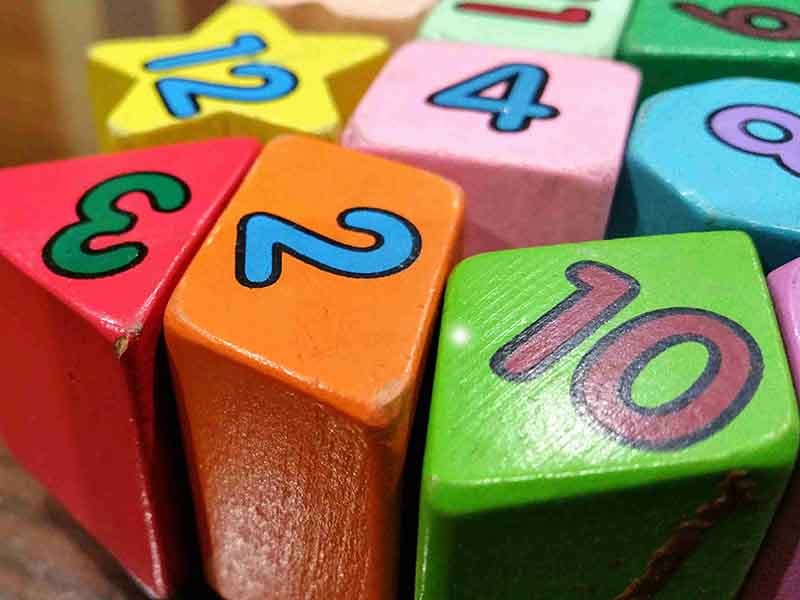
Kindergarten is a critical stepping-stone in a child's educational journey, setting the foundation for their future learning experiences. In the state of New Jersey, educators recognize the importance of early math education in shaping young minds. New Jersey's kindergarten math standards are designed to make certain that children receive a well-rounded and developmentally appropriate mathematics education that fosters critical thinking, problem-solving skills, and a love for learning.
The Framework for Kindergarten Math
New Jersey's kindergarten math standards are built upon a framework that aligns with national and international practices in early childhood education. The framework is informed by research on child development and learning, as well as input from educators, parents, and experts in the field. It recognizes that young children are naturally curious and capable of engaging in mathematical thinking from an early age.
Key Components of New Jersey's Kindergarten Math Standards
1. Counting
- Understand and apply the counting sequence from 1 to 100
- Count objects accurately, connecting counting to quantity
- Understand the concept of "one more" and "one less."
- Compare numbers (greater than, less than, equal to)
2. Operations and Algebraic Thinking
- Solve addition and subtraction problems within 10
- Understand and apply the concept of addition as putting together and subtraction as taking apart
- Use concrete objects, drawings, and equations to represent and solve simple word problems
3. Number and Operations
- Understand place value concepts for numbers up to 20
- Compose numbers using tens and ones
- Work with numbers 11-19 to gain a deeper understanding of place value
4. Measurement and Data
- Compare and order objects by length, weight, and capacity
- Describe and compare measurable qualities
- Sort and classify objects based on their characteristics
- Collect and analyze data in simple graphs
5. Geometry
- Identify and describe basic shapes (e.g., circles, squares, triangles, rectangles)
- Analyze, compare, and compose shapes
- Understand positional words (e.g., above, below, beside)
6. Mathematical Practices
- Make sense of problems and have determination in solving them
- Reason both abstractly and quantitatively
- Model with mathematics
- Use appropriate tools strategically
- Attend to precision
- Look for and make use of structure
Supporting Young Learners
New Jersey's kindergarten math standards are not only focused on what children should learn but also on how they should learn. They emphasize hands-on, question-based learning experiences that promote active engagement and exploration. Teachers are encouraged to create a math-rich environment where children have opportunities to play with math, solve real-world problems, and communicate their mathematical thinking.
Additionally, these standards are designed to be inclusive and supportive of all kinds of learners. Teachers are encouraged to differentiate instruction to meet the unique needs of each child, providing additional support for those who may struggle and offering enrichment opportunities for those who excel.
New Jersey's kindergarten math standards provide a clear roadmap for early math education, ensuring that young learners are prepared with the foundational knowledge and skills they need to succeed in later grades. By emphasizing active learning, problem-solving, and critical thinking, these standards not only prepare children for future academic success but also facilitate a love for mathematics.





